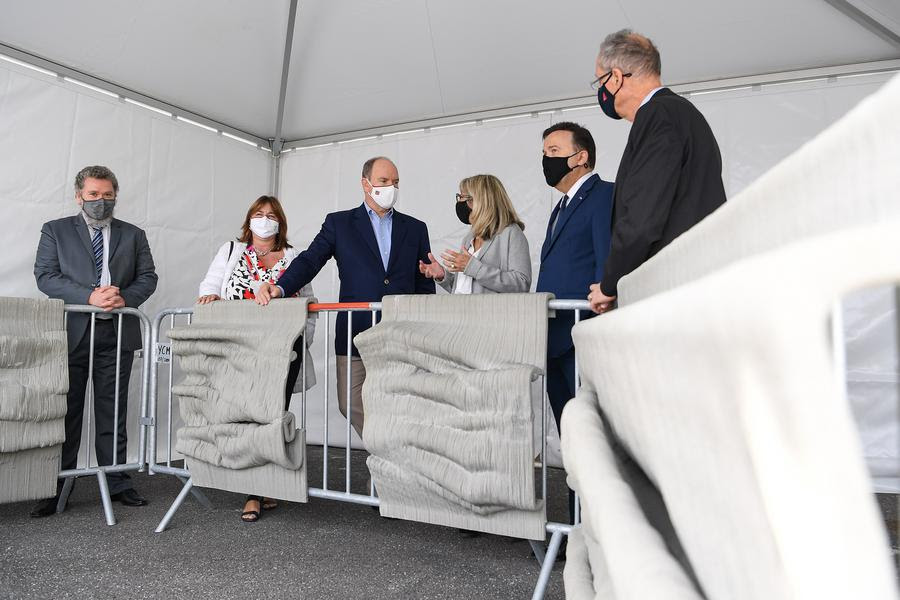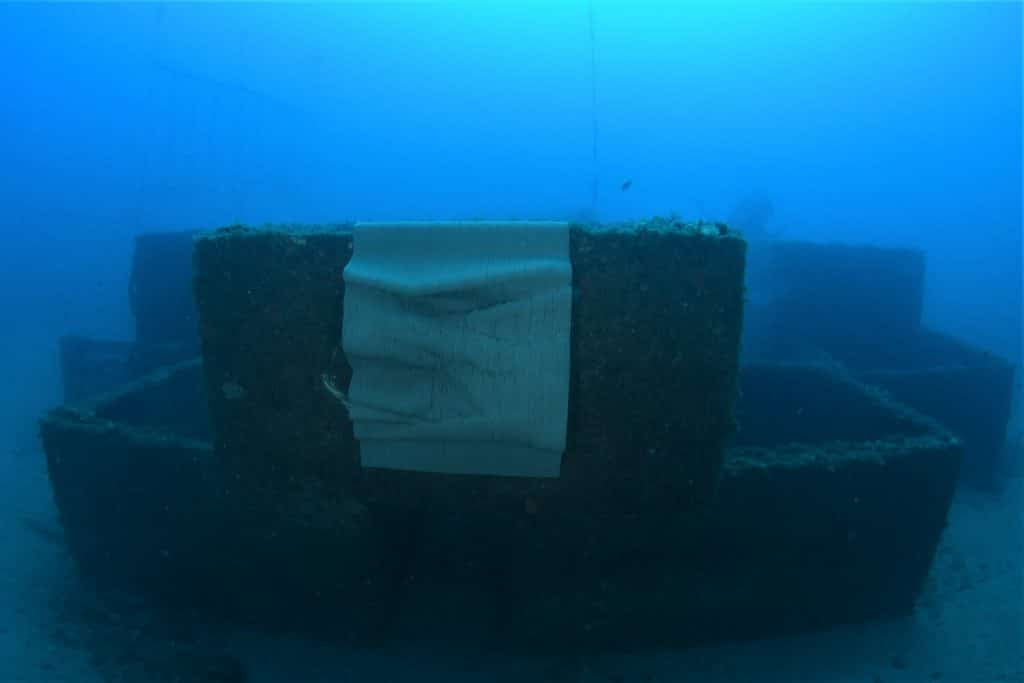SWIFT has released a new report which sheds light on how SWIFT gpi has reshaped the cross-border payments’ landscape and the strong foundation it sets for SWIFT’s new strategy and future innovation.
In three short years, SWIFT global payments innovation (gpi) has transformed cross-border payments, delivering at speed, with full transparency and traceability.
The new report “SWIFT gpi: driving a payments revolution”, details for the first time the full scope of this transformation by aggregating data from the unique end-to-end tracking reference (UETR) carried by every SWIFT payment to show how gpi has facilitated dramatic improvements in cross-border payments. Using UETR data from Q2 this year, the report demonstrates how gpi is ensuring fast and predictable delivery of funds and supporting efficient trade and capital flows across geographies.
The report also reveals how gpi is increasingly being adopted for domestic and even consumer payments, thanks to its unique benefits and underscores the strong foundation gpi has created for the new strategy and platform transformation that SWIFT plans to deliver instant, frictionless end-to-end transaction management for payments and securities processing.
The data shows the breadth and depth of transformation that has taken place in cross-border payments, challenging some assumptions and revealing major steps forward in speed, transparency and reach.
The analysis also looks at the impact of the remaining frictions in domestic and cross-border transactions, considers how gpi is helping to overcome them, and what remains to be done.
Key highlights from the analysis include:
gpi payments are fast: 92% of cross-border payments are credited to the beneficiary’s account within 24 hours and 40% within just 30 minutes. But for payments between mature markets without currency controls, compliance stops or legacy systems, performance is comparable to many domestic payment systems: for example, 72% of payments from the UK to the US arrive within 30 minutes and 95% within six hours.
Fewer intermediaries than expected, no impact on speed: Interestingly, the UETR data also reveals that there are fewer intermediaries in a payments chain than expected. 70% of cross-border payments are either direct or have only one intermediary and the number of intermediaries also has little impact on speed of delivery. Speed is largely driven by other factors, such as regulatory barriers, capital controls, legacy systems and time zones.
gpi payments are increasingly being adopted for domestic and retail payments: retail and low value payments are the fastest growing segment on gpi. Several Chinese banks, for instance, have used gpi to build a service offering fast, sure and confirmed payment of US college fees.
gpi is the foundation for fully-orchestrated payments processing: The new platform and transaction management model will be developed over the next two years. It will use many of the building blocks already in place, including SWIFT’s API capability, Customer Security Programme and of course, gpi. It will draw on rich, mutualised services to provide pre-validation of data, transaction screening, data analytics and much more. The result: fully-orchestrated payments processing delivering instant, frictionless and transparent flows.
The full report can be downloaded here:
https://www.swift.com/news-events/news/swift-gpi-driving-payments-revolution
خدمة "جي بي آي" من "سويفت" تقود ثورة في مجال المدفوعات، بحسب تقرير جديد
أصدرت "سويفت" تقريرًا جديدًا يُبيّن كيف أن خدمة "سويفت جي بي آي" أعادت صياغة بيئة المدفوعات العالمية والأساس المتين الذي توفره لاستراتيجية "سويفت" الجديدة وللابتكار المستقبلي.
فخلال ثلاث سنوات فقط ، غيرت خدمة "سويفت للابتكار في المدفوعات العالمية" ("جي بي آي") طبيعة المدفوعات العابرة للحدود بحيث أصبحت سريعة وتتسم بالشفافية وقابلة للتتبع.
يُفصّل التقرير الجديد بعنوان "سويفت جي بي آي: قيادة ثورة في مجال المدفوعات"، وللمرة الأولى، حجم هذا التحول من خلال جمع البيانات من مراجع التتبع من-الطرف-إلى- الطرف، أي من المرسل إلى المستفيد، التي تحملها كل دفعة من مدفوعات "سويفت"، وذلك ليبين كيف أن خدمة "جي بي آي" قد ساعدت على تحقيق تحسينات كبيرة في مجال المدفوعات العابرة للحدود. وباستخدام هذه البيانات من الربع الثاني من العام الجاري، يُظهر التقرير كيف أن "جي بي آي" تضمن توصيل سريع ويمكن التنبؤ به للأموال وتدعم التجارة وتدفق الأموال الفعال عبر المناطق الجغرافية المختلفة.
يكشف التقرير أيضاً كيف أن "جي بي آي" يتم اعتمادها بشكل متزايد للمدفوعات المحلية وحتى للمدفوعات في القطاع الاستهلاكي، وذلك لمزاياها الفريدة مما يؤكد على الأساس القوي الذي طورته "جي بي آي" للاستراتيجية الجديدة وتحول المنصة الذي تخطط له "سويفت" لتوفير إدارة فورية وسلسة لمعالجة المدفوعات والأوراق المالية .
وتُبيّن البيانات نطاق ومدى التحول الذي تحقق في مجال المدفوعات العابرة للحدود بما يدحض بعض الافتراضات ويكشف عن تحقيق خطوات كبيرة إلى الأمام في مجال السرعة والشفافية والامتداد الجغرافي.
ويبحث التقرير كذلك في تأثير المعوقات المتبقية في المعاملات المحلية والعابرة للحدود كما يتناول كيف تساعد "جي بي آي" على التغلب عليها وما الذي يمكن فعله بعد ذلك.
من أبرز النتائج التي ظهرت في التقرير التحليلي:
مدفوعات "جي بي آي" سريعة: 92% من المدفوعات العابرة للحدود يتم إدخالها في حساب الجهة المتلقية في غضون 24 ساعة بينما يتم إنجاز 40% من المدفوعات في غضون 30 دقيقة. ولكن بالنسبة للمدفوعات بين الأسواق الناضجة التي ليس بها ضوابط على العُملات ولا ضوابط على الامتثال أو نظم قديمة، فإن الأداء يكون مشابهاً للعديد من نظم الدفع المحلية: على سبيل المثال، 72% من المدفوعات المرسلة من المملكة المتحدة إلى الولايات المتحدة الأميركية تصل في غضون 30 دقيقة و95% منها تصل خلال ست ساعات.
وسطاء أقل مما هو متوقع وعدم التأثير على السرعة: 70% من المدفوعات العابرة للحدود إما تكون مباشرة أو تستخدم وسيط واحد فقط كما أن عدد الوسطاء له تأثير ضئيل على سرعة الإنجاز. فالسرعة تتأثر بقدر كبير من جراء عوامل أخرى مثل العوائق التنظيمية وضوابط رأس المال والنظم القديمة والمناطق الزمنية.
مدفوعات "جي بي آي" يتم استخدامها بشكل متزايد للمدفوعات المحلية ومدفوعات التجزئة؛ مدفوعات التجزئة والمدفوعات المتدنية القيمة هي الفئة الأسرع نمواً على "جي بي آي"، فمثلاً عدة مصارف صينية تستخدم "جي بي آي" لتأسيس خدمة مدفوعات سريعة ومؤكدة لرسوم الجامعات الأميركية.
"جي بي آي" هي الخدمة الأساسية للمعالجة المتكاملة للمدفوعات: منصتنا الجديدة ونموذج إدارة المعاملات فيها سيتم تطويرهما على مدى السنتين القادمتين. وستستخدم المنصة الكثير من لبنات البناء الموجودة حالياً، بما في ذلك قدرات API التابعة لـ "سويفت" وبرنامج أمن العملاء وبالطبع خدمة "جي بي آي". النتيجة: معالجة معاملات منظمة بالكامل توفر تدفقات فورية وسلسة وشفافة من حساب لحساب آخر في أي مكان في العالم.
يمكن تحميل التقرير الكامل هنا:
https://www.swift.com/news-events/news/swift-gpi-driving-payments-revolution


